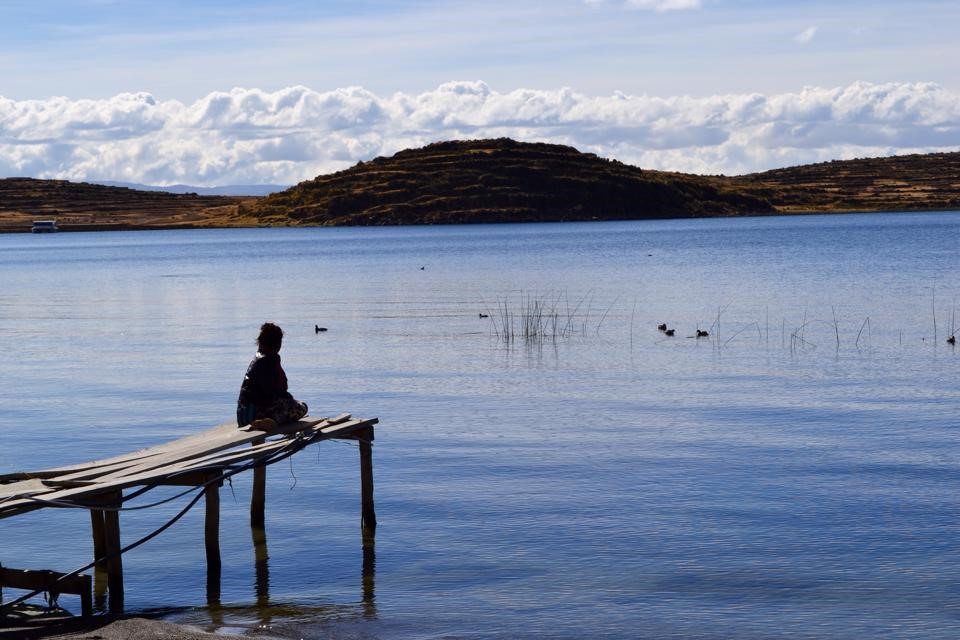This is the next in a series of posts by recipients of the Career Services Summer Funding grant. We’ve asked funding recipients to reflect on their summer experiences and talk about the industries in which they’ve been spending the summer. You can read the entire series here.
This blog is by Derick Olson, CAS ’15
This summer, I had the opportunity to work at Capvision, a primary research firm, specializing in industry-specific market research and consultation.
If you study a foreign language, an internship at a company that speaks it is phenomenal. Just make sure that your level is appropriate for the position. For example, in my case, my Chinese would not have been good enough for a position that dealt with clients, but it was fine for casual work in the office.
Capvision is Chinese-owned, managed, and staffed. There was one other westerner in the office. For a time, I spoke a broken, stifled Chinese, and struggled to bring my classroom studies into everyday situations.
But the situation puts everything in your favor. To start, every conversation, meal, and activity is a chance to practice. Co-workers, waiters, and people on the street were all thrilled that I was trying to speak the language in the first place, and were patient and helpful. At the same time, everyone wanted to practice English, so the language barrier was a great way to make friends with locals.
At first, there wasn’t much to do there, I was essentially researching tech stories and writing English articles that would then be translated into Chinese. Not exactly an efficient process. I did find the translation work interesting. There would be idioms in Chinese that I’d find directly translated into English, usually with a comical result. Editing Chinese-to-English translations revealed the choice between accuracy and clarity that every translator must deal with. All this aside, in a couple days I realized that translating memos across departments was not exactly enthralling.
So I met with my, let’s call her Debbie. She had sensed as much, and came up with a longer-term product development project for my to work on. It seemed interesting, but I could tell that it would consist mostly of Internet research and power points. The product was a platform for the expert-consultants, the sources of information that Capvision kept in contact with for client requests for industry info.
I wanted to make something, to learn something more than the newest company trends in a faraway country. I spoke to Debbie and with others, and picked up that there were several programming-related projects in the air. I asked around to find out what languages and frameworks the company used. For the rest of the week, and part of the following, I spent the free moments of the day researching JavaScript best practices and web frameworks. I raced through translations and went through tutorials.
One morning, I found myself in the elevator with one of the heads of the company. We’d spoken once, during my initial “Hello! I’m the new intern!”—spree that first week. I described my situation to him, and we chatted a bit about my interests. When we got to our floor, he turned to me.
“Just go in there and be like, ‘Hey, I’m…I’m a dude.’” he said, and walked away
After a couple evenings of brainstorming, self-reflection, and self-doubt, I took the advice and asked for a meeting.
And there we were. I poured out my thoughts and ideas about whatever topics I had, fully disclosing my experiences or lack thereof, and emphasized my ability to learn. In my case, it was a description of the small handful of programming classes that I had taken, as well as my interest in certain aspects of the consultant news platform I new they had just released.
They’d been planning to develop an iOS version of their platform for a while, but it wasn’t easy to find competent iOS engineers in Shanghai. So there I was, totally inexperienced and under-qualified, given the responsibility for the planning, design, and implementation of a proprietary consultant application.
There will always more work to do. As an intern, I had already discovered the dangers of being too helpful (read: everyone in the office gives you busywork). It was easy to get caught up filling up the gaps for everyone around me. The truth is, that people are always happy to give you something to do.
But the real experience came when I used this truth for myself, by carving out my own project, and showing enthusiasm to push it forward. Interns are in a special position, where the company doesn’t have much at stake taking a chance and letting you define your own goals. A little structure can go a long way.
So, I continued to work through tutorials, small hacks on existing projects, and eventually, the design and implementation for my own app, database, and user-experience. I reached a state of flow almost daily, and often didn’t want to leave after the 9 hours were up.
At the same time, I had a real role to fill. My coworkers treated me like another employee, and we talked about office politics, funny stories, and the best places for lunch. It came from ownership of something and running with it. It led to an incredible experience that far exceeded my expectations for the internship. In the process, I used the limited things I knew to learn more, to figure things out on the job, and felt completely engaged in my work. It all started with a small step, am almost trivial amount of initiative, in asking for something to do.
 ), you’re in the home stretch! When you need a break from studying, or are just daydreaming about what summer may bring, perhaps you can send out a few internship applications to get the ball rolling!
), you’re in the home stretch! When you need a break from studying, or are just daydreaming about what summer may bring, perhaps you can send out a few internship applications to get the ball rolling!

